
WWF Spain is part of the WWF network, the largest international organization dedicated to protecting the world’s wildlife and environments. Founded in 1961, the WWF is currently active in over 100 countries and has almost 5 million members worldwide.

The Associação Nacional de Proprietários Rurais Gestão Cinegética e Biodiversidade (ANPC) aims to defend rural property and activities that ensure the sustainability of the rural environment and the essential functions of these spaces, in particular hunting.

The Spanish National Research Council is a Spanish State Agency attached to the Ministry of Science and Innovation as a public research body. The mission of the Spanish National Research Council is to promote, coordinate, develop and disseminate scientific and technological multidisciplinary research, in order to contribute to the progress of knowledge and economic, social and cultural development; as well as to train researchers and provide advice to public and private entities in these fields.
The IESA is a research institute in social sciences of the CSIC that aims to combine scientific excellence with the commitment to contribute to an improvement of social reality. This double commitment is concretized in the lines of work of its research groups, as well as in a long history of collaborations with public administrations at local, regional and national level, related to the evaluation and optimization of public policies.
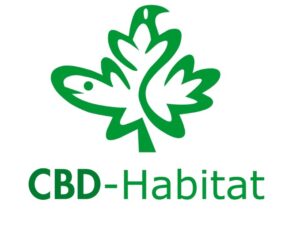
CBD Foundation for the Conservation of Biodiversity and its Habitat. The FCBDH, founded in 1998, dedicates its efforts to Conservation, with special interest in emblematic species such as the Iberian lynx, the Mediterranean monk seal, the Iberian imperial eagle or the black vulture. Our general objective is the Conservation and study of Biodiversity and the natural, cultural and human environment.
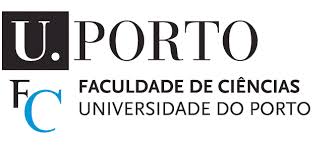
Created in 1911, the Faculty of Sciences is the oldest school of the University of Porto and one of the largest in terms of students and scientific productivity. The FCUP is responsible for the teaching of the exact and natural sciences and their applications to technology. The faculty members integrate research units of recognized excellence, which guarantees a high international standard of teaching.
The Cibio Research Centre in Biodiversity and Genetic Resources aims to contribute advances in scientific knowledge in the fields of biodiversity and evolutionary biology. It also seeks to expand ecological, taxonomic and biogeographical knowledge throughout the world, with a special emphasis on the biological heritage of the Iberian Peninsula and the Mediterranean.
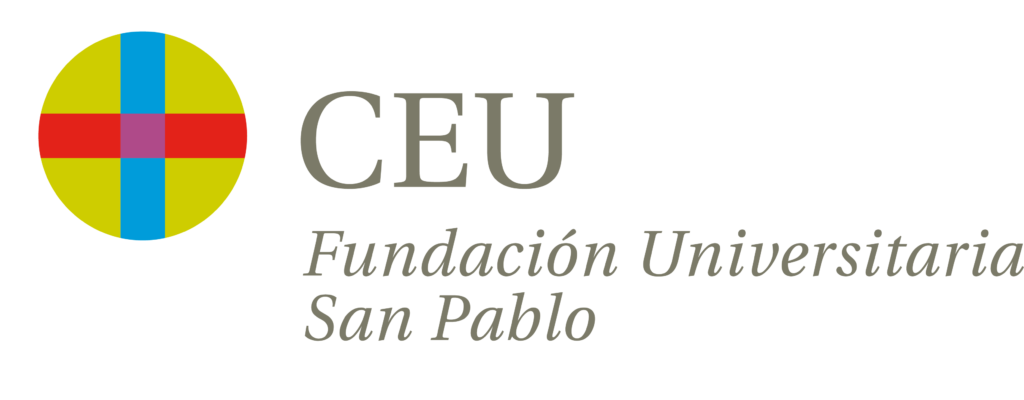
The CEU Cardenal Herrera University has campuses in Castellón, Elche and Alfara del Patriarca (Valencia). It is an innovative University that articulates its 20 university degrees and more than 60 postgraduate degrees through the Faculty of Health Sciences, the Faculty of Veterinary Medicine, the Faculty of Business Law and Political Sciences, the Higher School of Technical Education and the Faculty of Humanities and Communication Sciences.
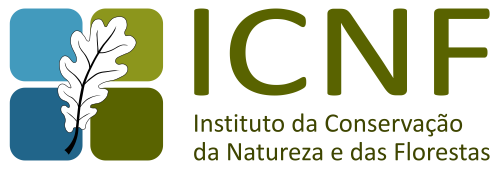
The Institute for the Conservation of Nature and Forests ICNF manages the natural and forest heritage, involving the actors of territorial development in measures and actions for the conservation of nature and forest management.

The National Institute of Agricultural and Veterinary Research, IP (INIAV) is the State Laboratory, with competences in Agriculture, Forestry and Rural Development and develops research activities in the agronomic and veterinary areas.
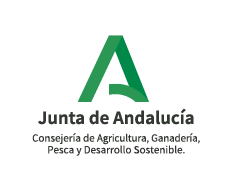
The Regional Ministry of Agriculture, Livestock, Fisheries and Sustainable Development is the department of the Andalusian Regional Government (JA) is in charge of the autonomous competences in matters of agriculture, livestock, agri-food, rural development, fishing, aquaculture, agricultural research, environmental protection, water, natural spaces, livestock routes, public forests, hunting preserves and hunting control.
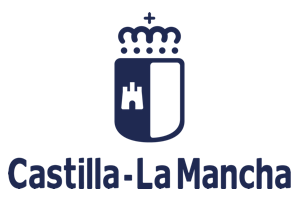
The General Directorate of Natural Environment and Biodiversity of the Castilla la Mancha Regional Government (JCCM) is the department in charge of the regional competences in the field of Hunting and Fishing, Natural Spaces, Forestry, Planning and Protection of the Natural Environment.
The organizational structure and competences of the Ministry of Sustainable Development establish, among others, the following competences of the General Directorate of Forest Policy and Natural Spaces:
a) Planning, programming and establishment of management guidelines and guiding criteria for the conservation, monitoring, protection, promotion, dissemination, awareness, research and monitoring of natural resources of a biological, ecological, geological and landscape nature at the regional level.
(b) Study, protection, conservation and recovery of species of wild flora and fauna and their habitats. Elaboration and development of the catalogue of threatened flora and fauna species. Inventory and cataloguing of trees and unique stands. Management of “ex-situ” conservation centers of threatened species of flora and fauna.
c) Management and sustainable use of hunting and inland sport fishing species, as well as inventory and statistics in these matters. Custody of the genetic purity of native hunting and fish species or subspecies. Regulation of falconry.
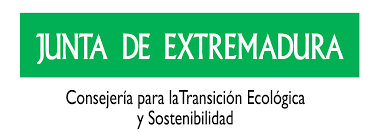
The Extremadura Regional Government (JEX) is responsible for the legislative development and implementation of environmental protection.
The General Directorate of Sustainability has a proven experience in the development of conservation actions of threatened species, which largely depend on wild rabbit populations. In addition to having specialized personnel in this area, with more than 15 years of experience, actions with threatened species must be executed and monitored by this General Directorate of the Environment since they are within the scope of its competences.
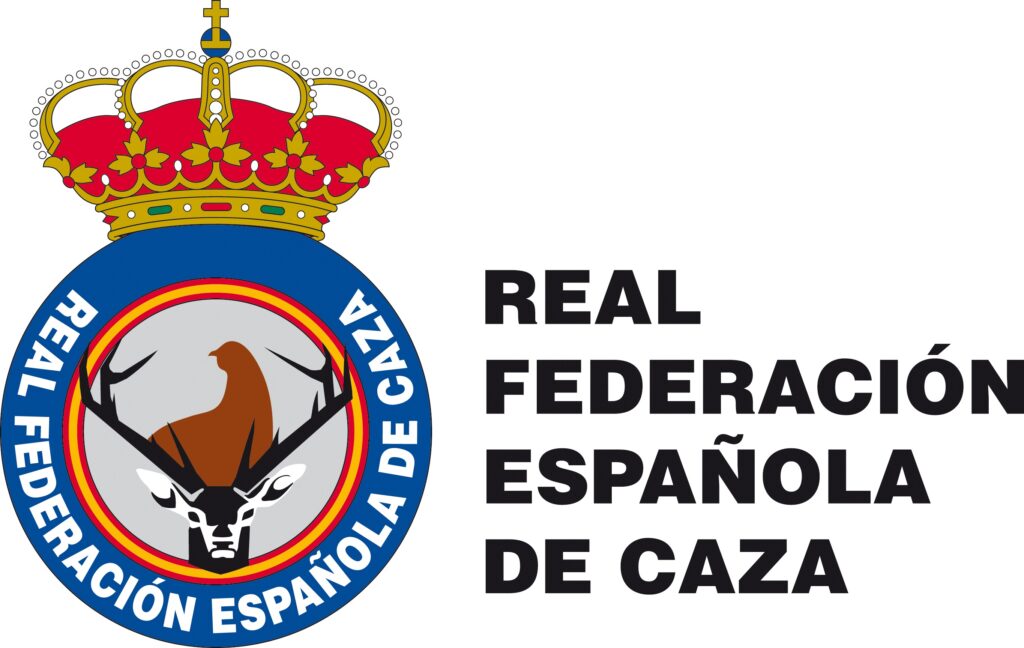
The Royal Spanish Hunting Federation (RFEC) seeks practical solutions to defend our natural heritage and face the problems that affect hunting fauna and the different types of hunting today.
RFEC cooperates with the Administration, and is in contact with political formations. The mission of RFEC is to communicate the values of hunting activity, educate and train hunters, and is committed to research for the promotion of sustainable hunting and the conservation of biodiversity in Spain.

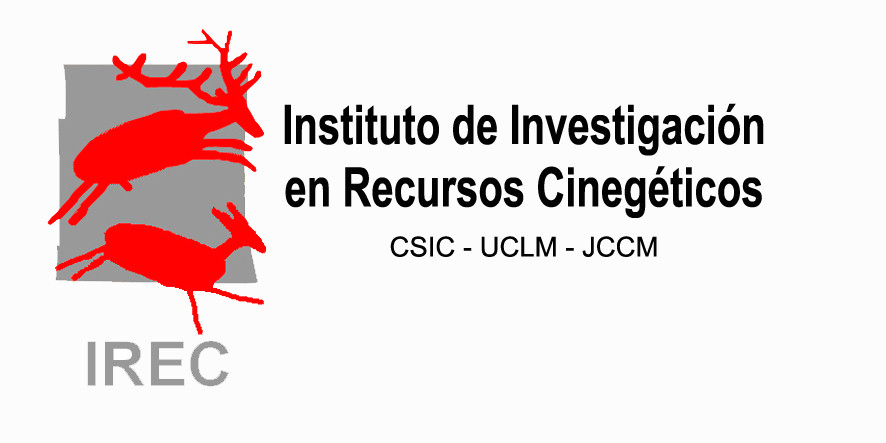
The Research Institute of Hunting Resources (IREC) was been created in 1999. It is a joint center: the Spanish National Research Council (CSIC) – Castilla-La Mancha University (UCLM) – Castilla-La Mancha Regional Government (JCCM). It is currently working on four lines of research: the interaction between hunting and environmental sustainability, ecological-evolutionary studies, health and animal production, and ecotoxicology.

Union of Small Farmers and Ranchers is a professional agrarian organization that has been working since 1984 to represent, defend and support small and medium-sized farmers in Spain. It aims to guarantee a progressive future for rural economies in which the three pillars of sustainability – environmental, economic and social – are all respected.

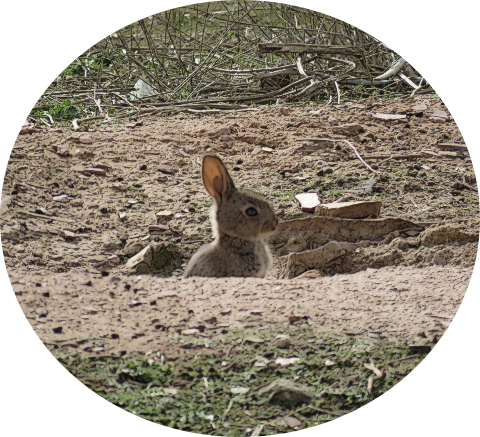
The IBERCONEJO project (LIFE20/GIE/ES/000731) has received funding from the LIFE programme of the European Union

The content of this website only reflects the point of view of the author. The Agency/Commission is not responsible for the use that may be made of the information it contains.
